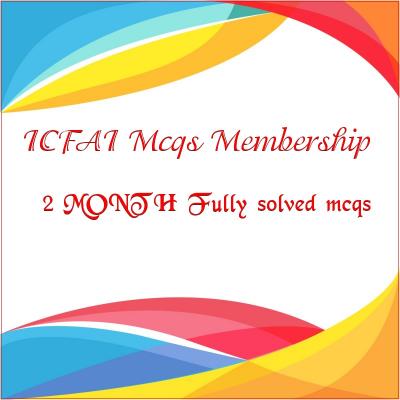FOOD CORPORATION OF INDIA
Price:
Rs500
This caselet gives an insight into the Food Corporation of India (FCI) and its Public Distribution system through fair price shops across India. It discusses the benefit of this system during the drought in 2002 in India and also points out the flaws in the system. Finally, it takes a look at the measures taken by FCI to improve its operations.
Issues:
» Rationale behind fair price shops
» Flaws in the FCI distribution system
» Measures to improve efficiency in FCI’s distribution system
Introduction
In 1943, Bengal was hit by a severe famine and the country did not have enough provisions or a regulated system that could resolve the food problems of that state. To meet such contingencies in future, Food Corporation of India (FCI), the apex organization in India, was set up in 1965 under the Food Corporation of India Act…
Questions for Discussion:
FCI was set up to act as an apex organization for equitable distribution of food grains to the lower end of society. However, it ended up with losses and incurred huge inventory costs. What were the flaws in the operations of FCI? How could it improve to achieve its objectives effectively?
FCI procured around 20-25% of the production of wheat and rice. However, despite having an adequate quantity of food grains, it was unable to cater to the needy masses effectively. How was the public distribution system responsible for this inefficiency? Suggest some measures to improve the PDS in India.
1. Case study solved answers
2. pdf/word
3. Fully Solved with answers







